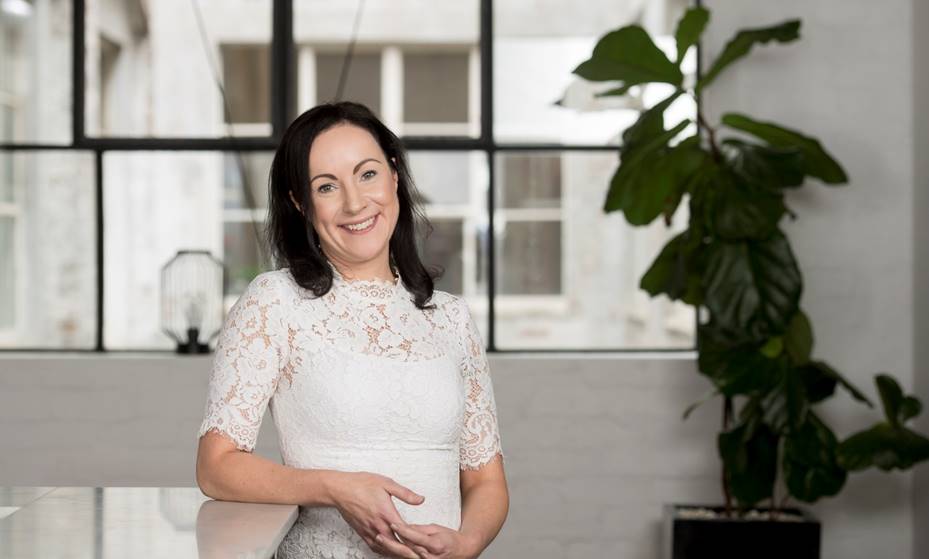
HRD talks Alex Hattingh, chief people officer, Employment Hero, about pushing progress on gender balance

There are a number of ways organisations can pragmatically push progress around gender balance in the workplace, according to Alex Hattingh, Chief People Officer, Employment Hero.
Firstly, it’s important to bring women through your organisation as their career progresses.
“Organisations need to identify talent earlier on in their career and set up these high potential women with mentors and career programs that enable them to learn, up-skill and succeed,” said Hattingh.
Moreover, Hattingh said it’s important to make returning to work after maternity leave appealing.
“This could be a return to work bonus; a ramp-up approach where you allow females returning from maternity leave to start with a few days a week, rather than demanding full time work immediately.”
Hattingh added that it’s also imperative to make sure you make an Employee Assistance Program (EAP) available as a resource for those returning to work.
“Many women struggle in silence and an EAP program funded by the company can provide professional support and resources that are confidential,” she said.
“Providing the tools to help those struggling on where to go and how to cope with the competing priorities, or often feelings of guilt.
“You could also set-up a "Mum's Club" and a "Dad's Club" where those new parents have co-workers who relate to being a new parent and balancing life and work. If you do this, it is vital to do it for both new mums and new dads as they both struggle.”
Hattingh added that flexible working work is essential for both men and women.
“Gone are the days where Mums take all of the responsibility for child pick-ups; sports practice, etc,” she said.
“We must make workplaces accept that people need flexibility to support family life.
“We also need organisations and leaders to set examples. This includes allowing males to arrive later or leave earlier to be involved in their children's school activities; school pick-up or sports practice.”
Hattingh added that there are a number of reasons why having a day like the recent International Women’s Day is fundamental for organisations:
Inspiration! For women who may be struggling to get that promotion or motivation to get back into the workplace, a day dedicated to celebrating successful women is vital to inspiring those females lacking the resources or access to resources to hopefully get engaged and inspired to take that next step.
Empowerment: Similar to the above sentiment, a day showcasing successful women empowers women to know they can pursue their dreams. Success looks different to everyone. For some, it is a position on a Board of Directors, for others it may be starting a small business of their own. IWD celebrates and showcases all different types of success for women. This opens people's minds to what is possible.
Resources: Often we don't know where, who or where to go to for resources on making the next step in our career; or no idea if we need advice on challenges we are facing. IWD opens up access to resources that women may not have had any idea existed. It also helps organisations to showcase what they are doing to further women's careers in their organisation - again, employees may not have known programs were available to them without a day / week dedicated to highlighting this.
An important reminder: We're still "catching-up" as it pertains to female equality in the workplace. Often males and male leaders are busy and not aware of how large this inequity is. IWD gives us the opportunity to highlight this to many male leaders who have the position to help promote and introduce initiatives in their organisations that will help close the inequality gap.
Best practices and learnings: IWD allows every organisation and leader the opportunity to learn and understand what other organisations and countries are doing to help close the inequality gap.